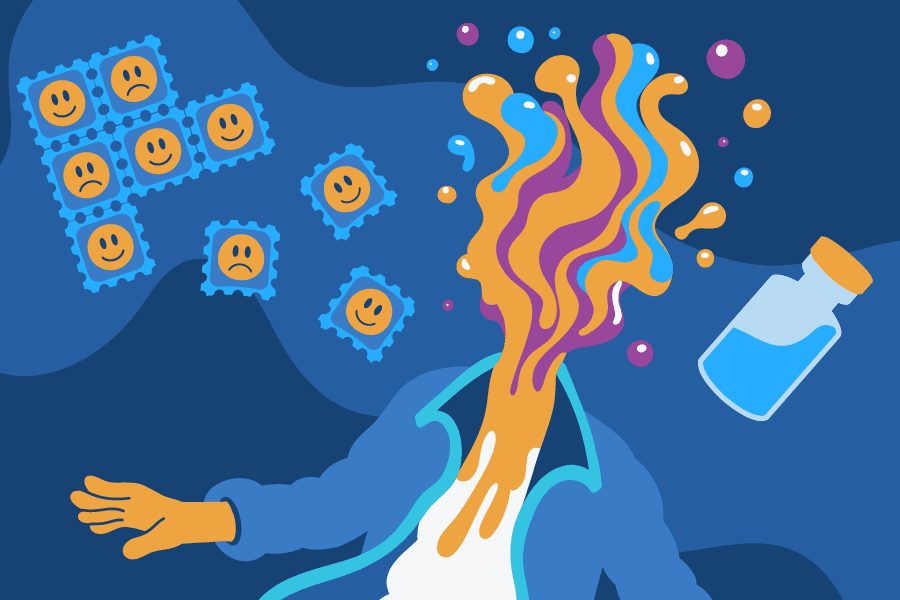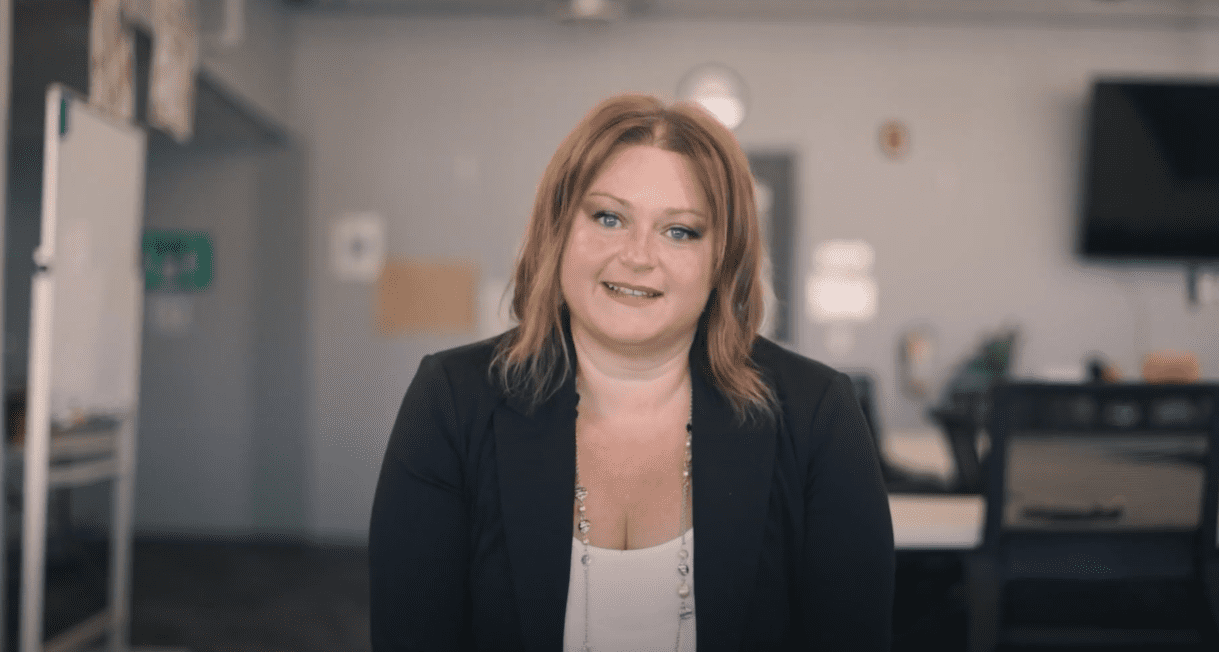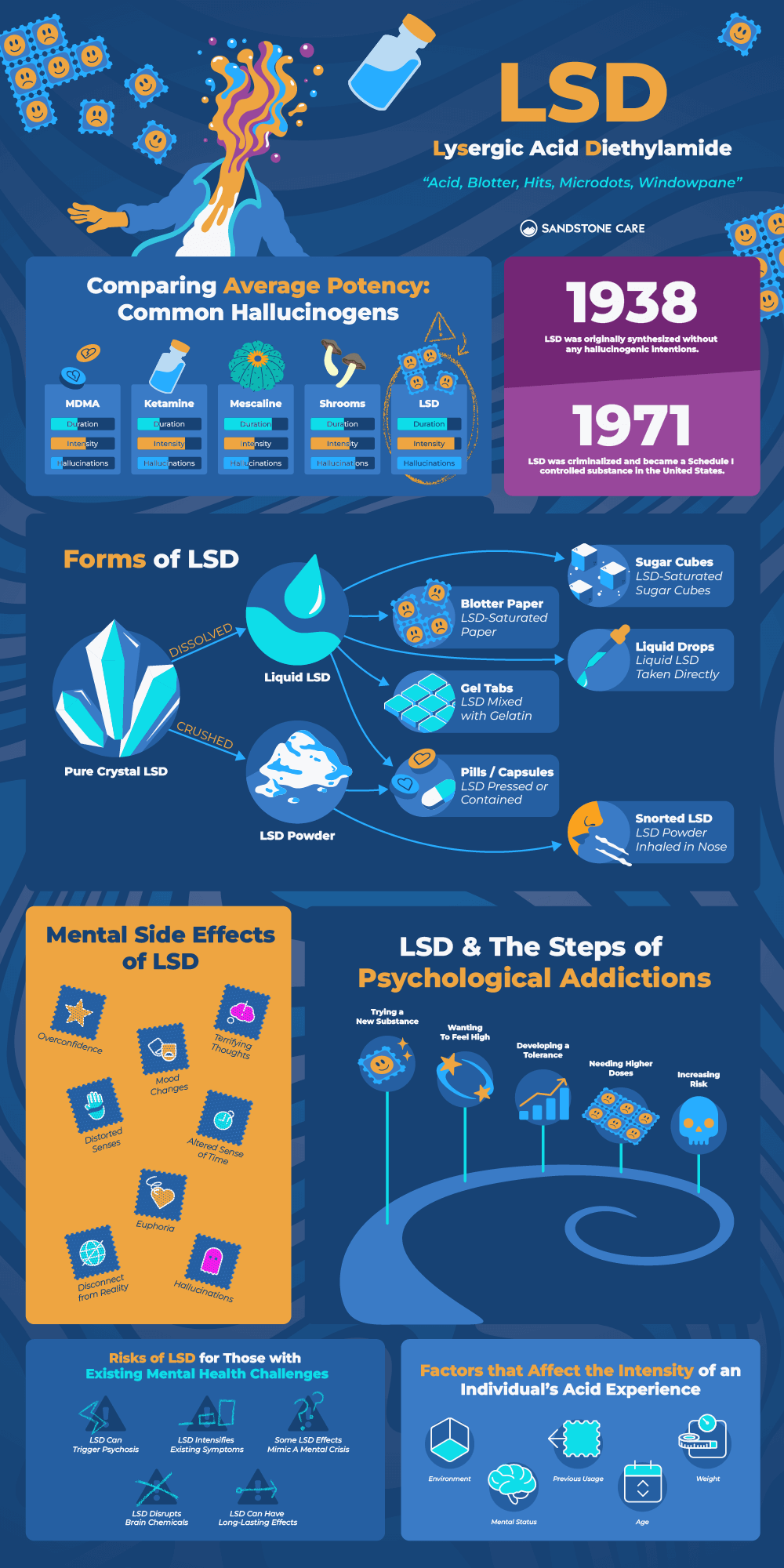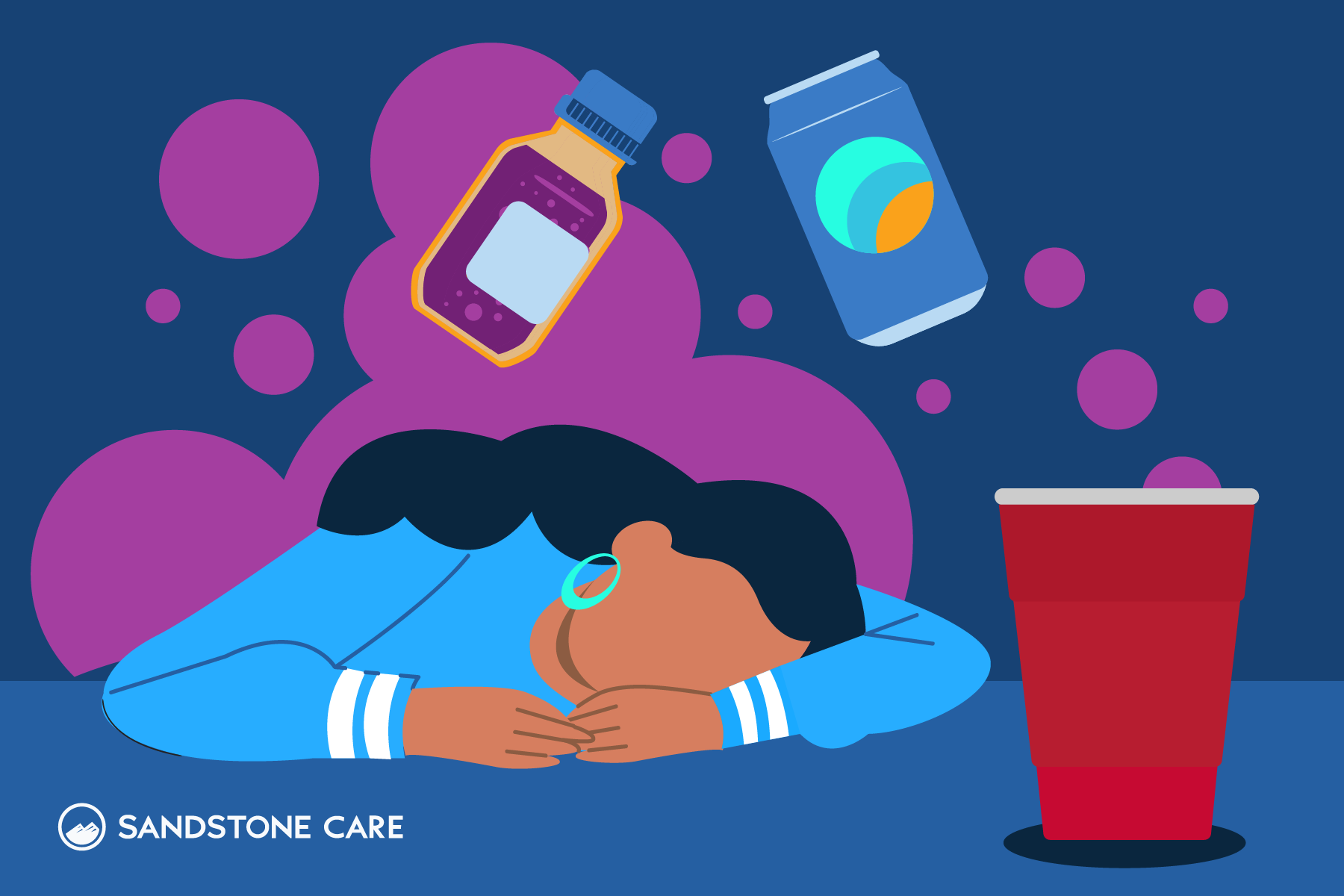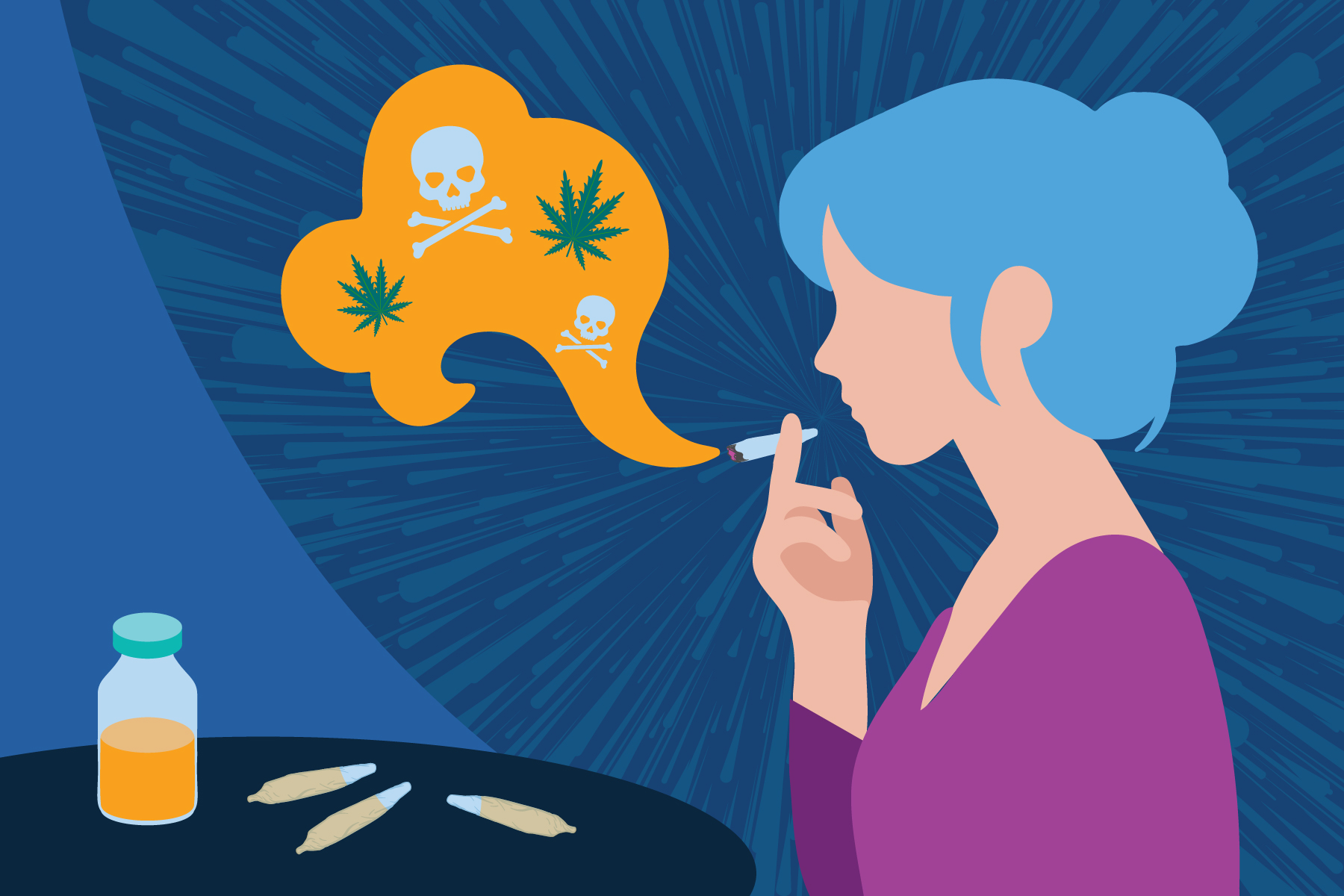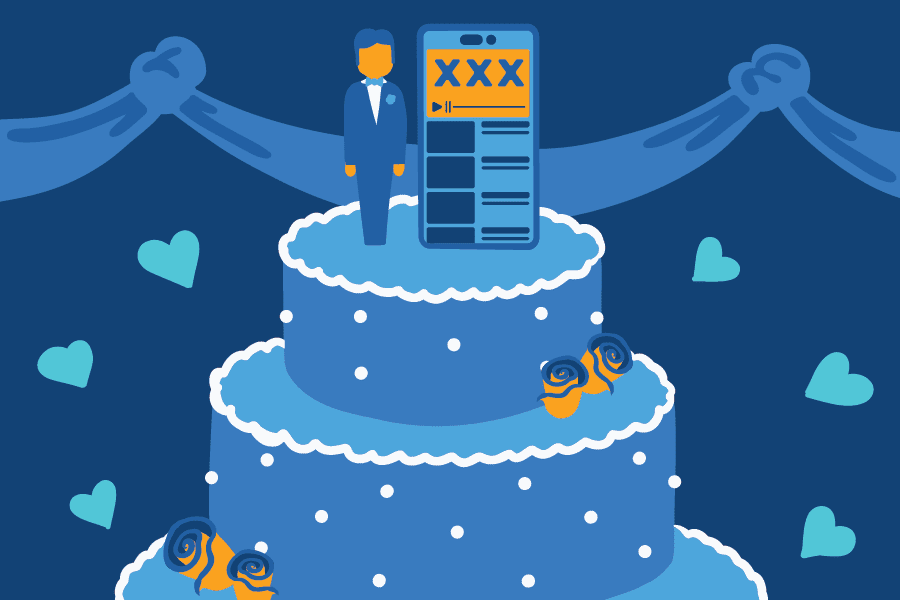LSD Overview
What Is LSD?
Lysergic acid diethylamide, also known as LSD, is a highly potent hallucinogenic drug.
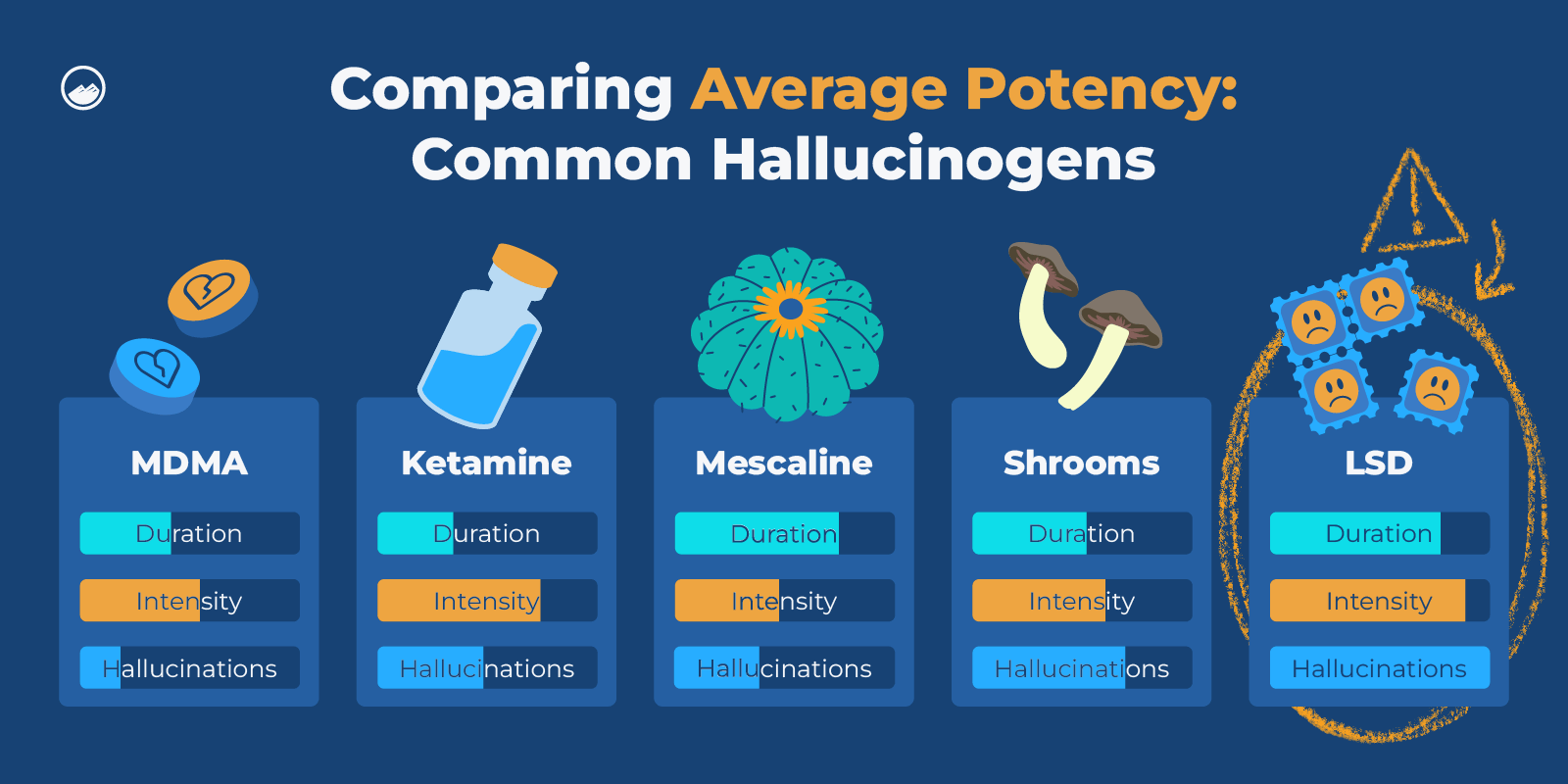
LSD is a mind-altering, psychedelic drug, meaning it acts on a person’s brain and central nervous and can affect their mood, behavior, and their relation to the world.
Hallucinogens like LSD cause hallucinations and only a small doses of LSD are needed to produce these effects.
The use of LSD has become increasingly popular among teens and young adults.
How Do You Take LSD?
LSD is typically taken by mouth.
However, some people may inhale it through the nose or inject it into their vein.
How Is LSD Made?
LSD is made from a fungus found on certain grains. It’s chemically changed to create LSD, then purified to remove impurities.
Finally, it’s put onto blotter paper for use. Making LSD is illegal and dangerous due to toxic chemicals, with severe legal consequences.
What Does LSD Look Like?
LSD can be found in tablet, powder, liquid, or capsule form.
It is commonly found as a white powder or a clear, colorless liquid.
When used among young people, it is also commonly found in saturated absorbent paper, which is blotter paper divided into small, often decorated squares. Each square is usually one dose.
As tablets, they are sometimes referred to as “microdots,” which is an LSD crystal encased in a pill and are also found as saturated sugar cubes or gelatin.
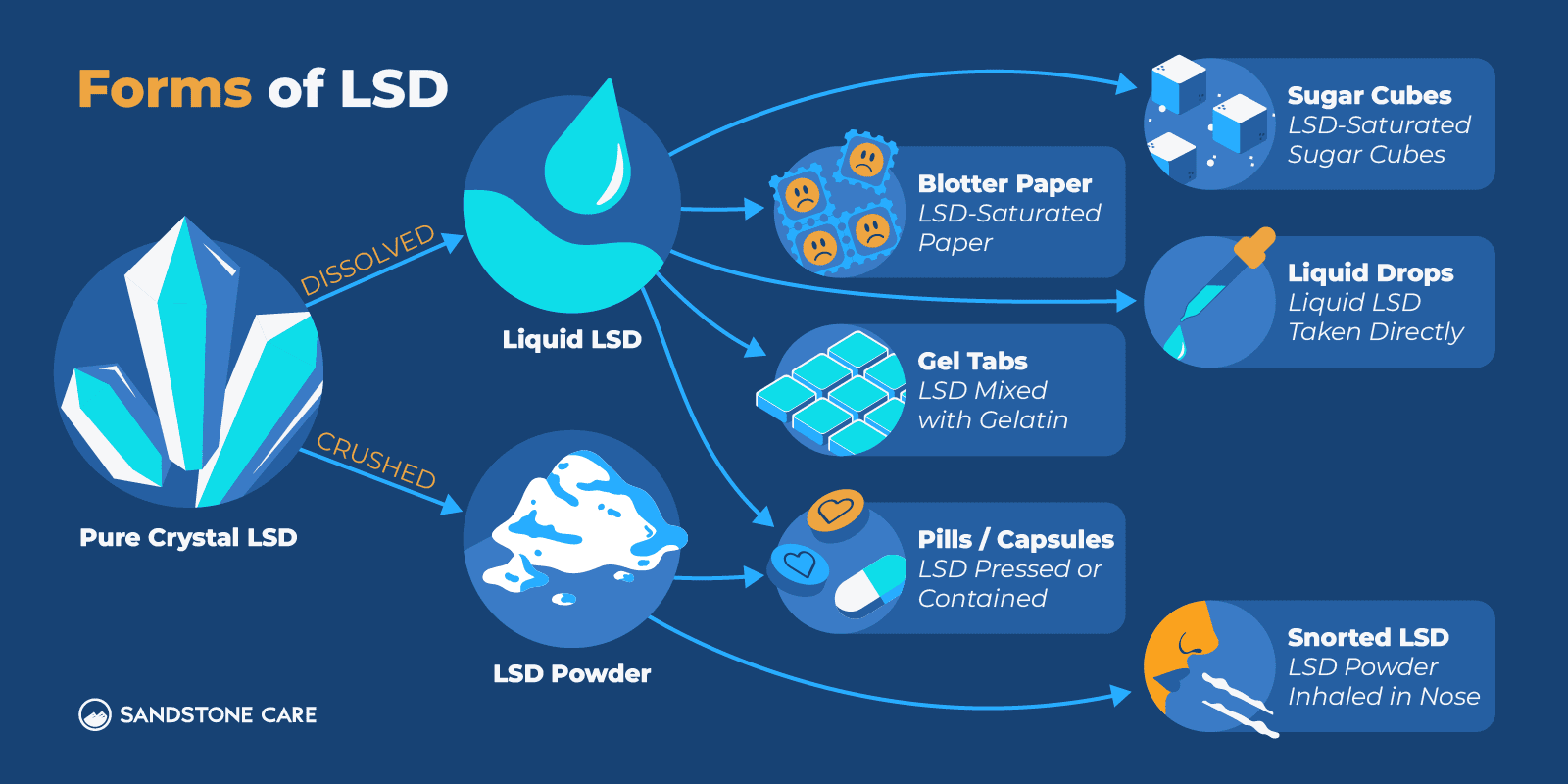
What Are the Street Names For LSD?
Common street names for LSD include:
- Acid
- Blotter
- Blue cheer
- Electric Kool-aid
- Hits
- Mellow Yellow
- Microdots
- Purple haze
- Sugar cubes
- Sunshine tabs
- Windowpane
What Are the Other Hallucinogens?
Besides LSD, other types of hallucinogens include:
What Is the Medical Research History of LSD?
Psychedelic plants and fungi have been used in medicinal traditions throughout history.
While psychedelics can have cultural significance due to their ability to cause “mystical experiences”, when LSD was first synthesized, researchers failed to discover any medical use for the drug.
It wasn’t until later that researchers started to examine the possible potential of LSD use for medicinal purposes such as mental health treatment.
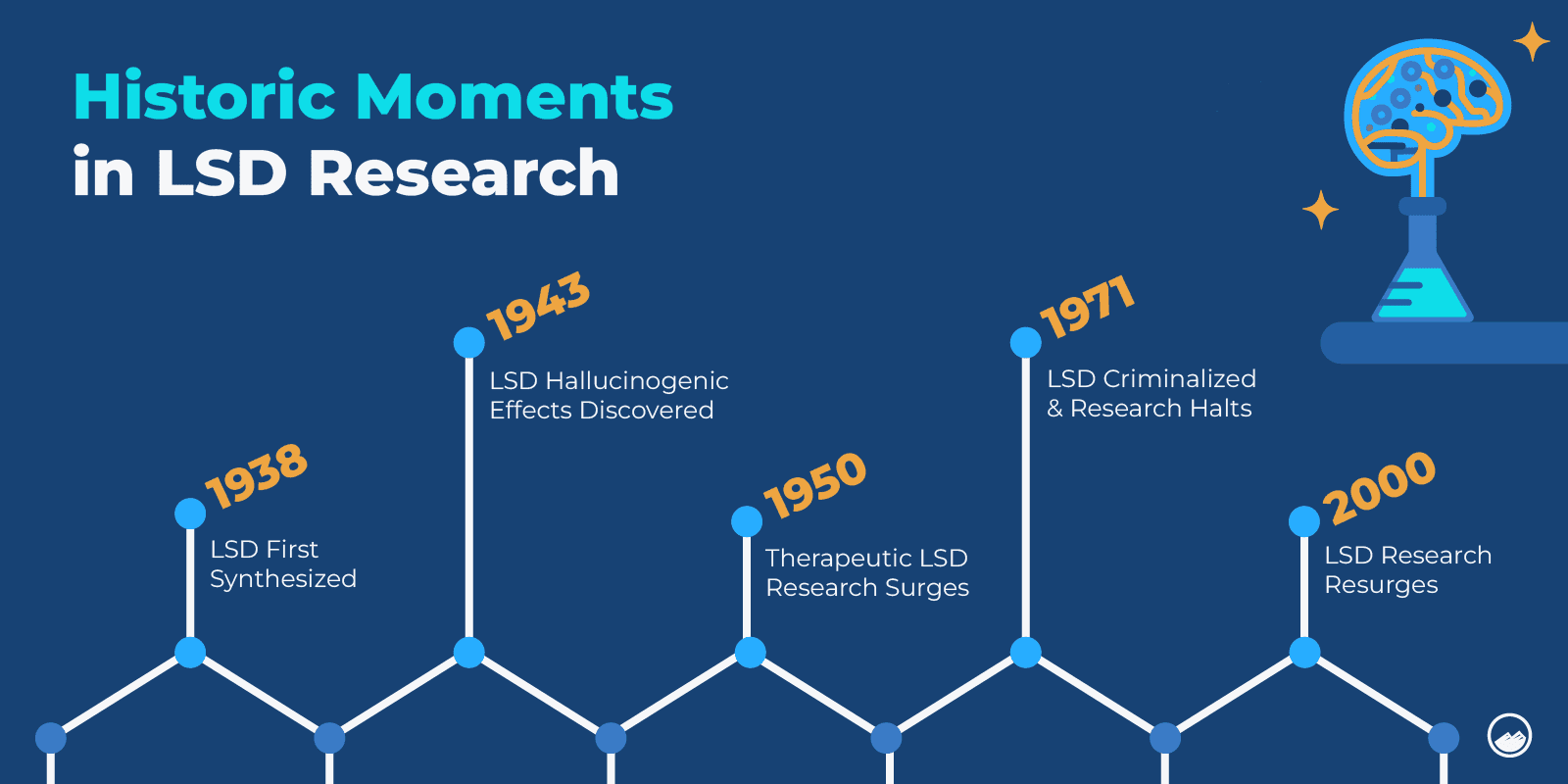
LSD Use
Can Hallucinogens Be Used For Medical Purposes?
According to the National Institute on Drug Abuse, some hallucinogens are being studied for possible therapeutic benefits in treating mental health disorders.
For example, ketamine was approved as an anesthetic for painful medical procedures.
Hallucinogens are still being studied for their safety and efficacy for medical purposes, so it is important for people to understand the risks they hold as unapproved methods.
Currently, LSD is a Schedule I drug under the Controlled Substances Act and the DEA does not consider it to be a legal medical intervention.
Schedule I drugs like LSD, heroin, ecstasy, and peyote have no accepted medical use and a high potential for abuse.
What Is the Average Dose of LSD?
Doses of LSD are commonly seen in blotter paper form.
These doses usually range from 20 to 80 micrograms per unit.
Individuals who use LSD may take a dose based on how intense of a “trip” they want to experience. However, hallucinogens like LSD can be extremely unpredictable, and even “microdosing” can produce serious effects.
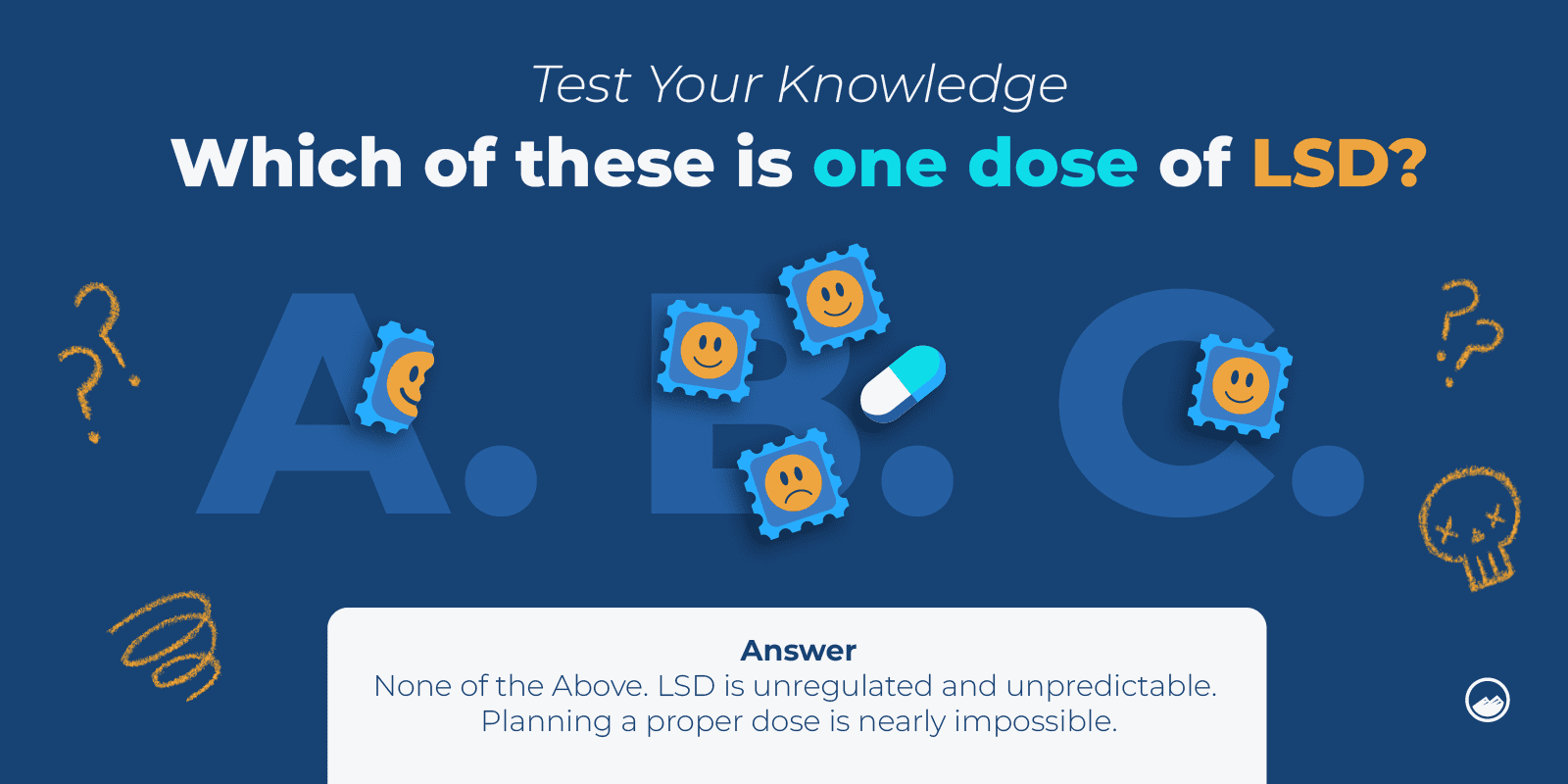
How Long Does LSD Last?
When a person takes LSD, they may start to feel the effects and distortions kick in within 20 to 90 minutes of ingesting the drug.
An acid trip can range from 6 to 15 hours, depending on a variety of different factors.
Can You Build a Tolerance to LSD?
Tolerance occurs when a person uses a drug over a period of time and eventually needs more and more of it to achieve the same desired effects.
A person can develop a tolerance to LSD quickly, even after just a few days of using it.
Those who develop an LSD dependence can experience withdrawal symptoms that are often uncomfortable and dangerous.
This is one of the reasons why it is so important to reach out for help if you or a loved one may be struggling with LSD use so they can safely manage withdrawal symptoms and have proper support and care.
What If I Use Other Drugs or Alcohol Together With LSD?
Mixing other substances with LSD can lead to harmful and serious effects.
LSD is an unpredictable drug on its own, and mixing it with other substances, especially alcohol, can make it even more unpredictable and become very dangerous.
Alcohol is a depressant and can worsen the effects of LSD and increase the risk of alcohol-related health problems like alcohol poisoning.
Does LSD Have Any Known Drug Interactions?
You should always let your healthcare provider know what medications, herbal products, and supplements you are taking.
LSD interactions with other drugs are not widely known. However, mixing LSD with other substances can trigger dangerous effects like hallucinations, paranoia, and delusional thinking.
Mixing LSD with other drugs can also cause individuals to act strangely and may put them at risk of injuring themselves or others.
LSD Effects
What Is the Potential Side Effect of LSD?
The side effects of LSD can be unpredictable, so it is very hard for a person to know if they are going to experience a “bad trip.”
Potential side effects of LSD on the mind can include:
- Feeling that you are disconnected from reality
- Feeling euphoric
- Visual hallucinations
- Feeling that you have superhuman strength and can do anything
- Distorted senses
- Altered sense of time
- Feeling many emotions at once
- Experiencing terrifying thoughts
- Uncontrollable fears
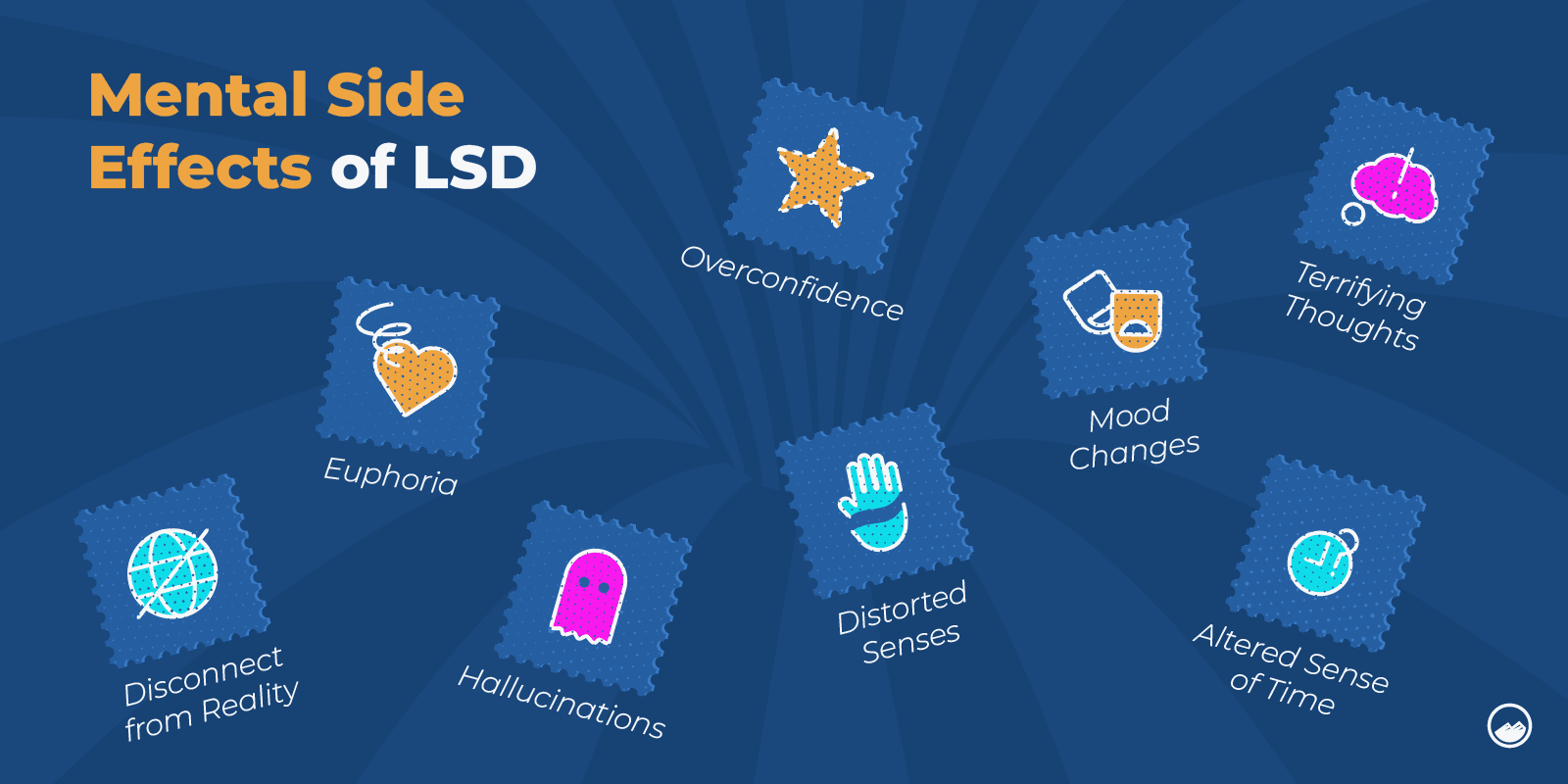
Potential effects LSD produces on the body can involve:
- Increased heart rate and breathing rate
- Increased blood pressure
- Increased body temperature
- Sleeplessness
- Loss of appetite
- Sweating
- Tremors
- Mental health conditions such as anxiety, depression, and schizophrenia
Some individuals who take LSD may also experience flashbacks, more formally known as hallucinogen persisting perception disorder (HPPD), which involves a return of their “trip” or drug experience without using the drug again.
What Are the Long-term Effects of LSD?
LSD is considered to have more of an impact on one’s psychological health as opposed to physical health.
The long-term effects of LSD are not widely known, but according to the field of psychiatry, LSD can affect a person’s mental health and contribute to conditions like anxiety, depression, and schizophrenia.
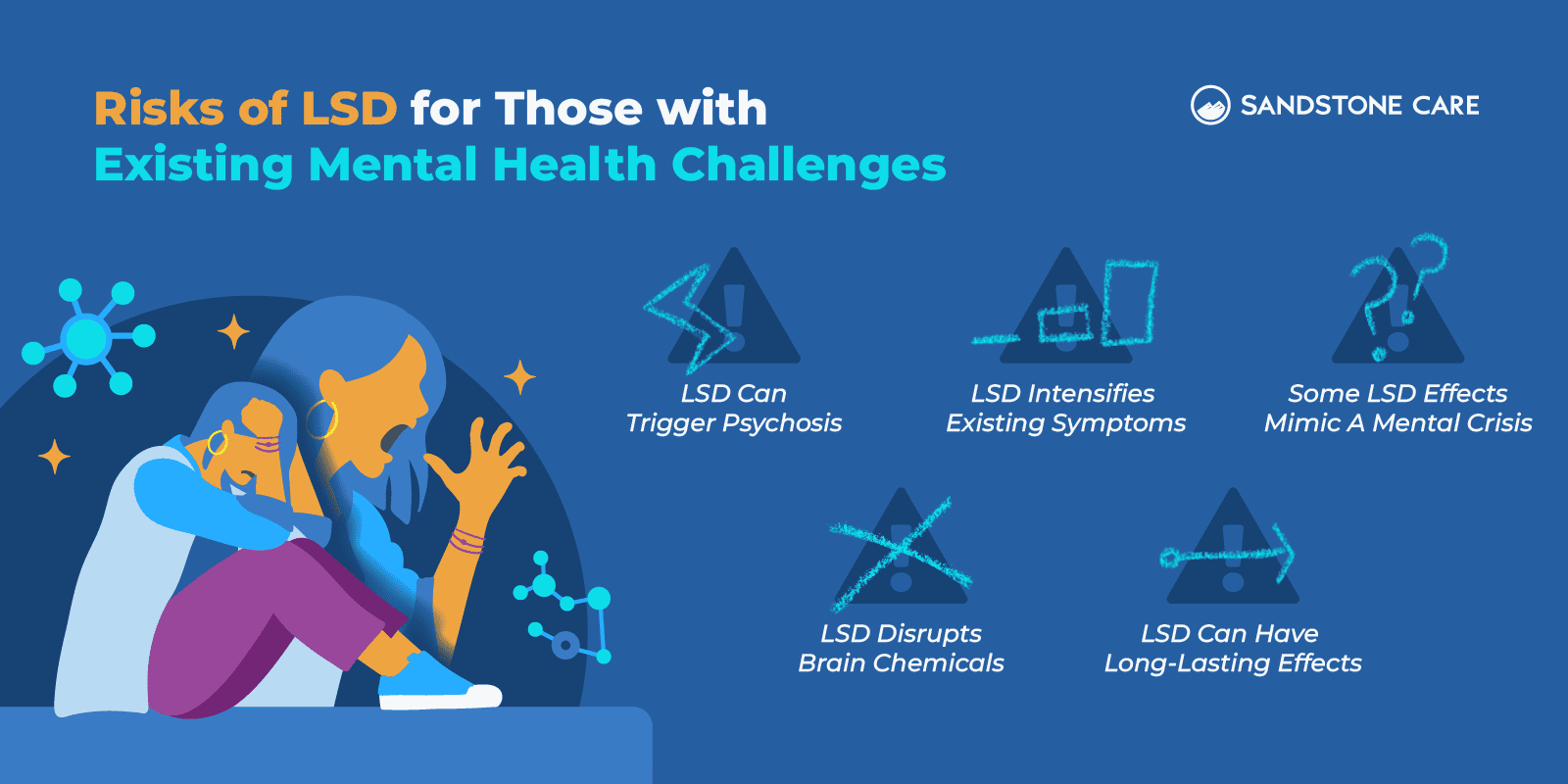
How Does LSD Affect the Nervous System?
LSD mainly stimulates the sympathetic nervous system.
LSD acts on neurotransmitters in the brain, which affects your mood, behaviors, and your relationship with the world and the people around you.
Additionally, because LSD affects the sympathetic nervous system, it can increase a person’s heart rate, blood pressure, and breathing rate.
What Receptors Does Acid Affect?
The mechanism of action by which LSD works is believed to mainly affect the connectivity of serotonin receptors.
Serotonin helps brain cells communicate and plays an important role in regulating mood, attention, and behavior.
How Does Your Body React to Acid?
Physical changes that can occur when a person takes acid can include:
- Higher blood pressure levels
- Increased body temperature
- Loss of appetite
- Sweating
- Increased heart rate
- Tremors
It can be very hard for a person to know how their body will react to acid because it is a very unpredictable drug.
Many different factors can affect a person’s experience with acid, including; their environment, mental status before ingesting the drug, whether or not they’ve taken LSD before, their age, weight, and more.
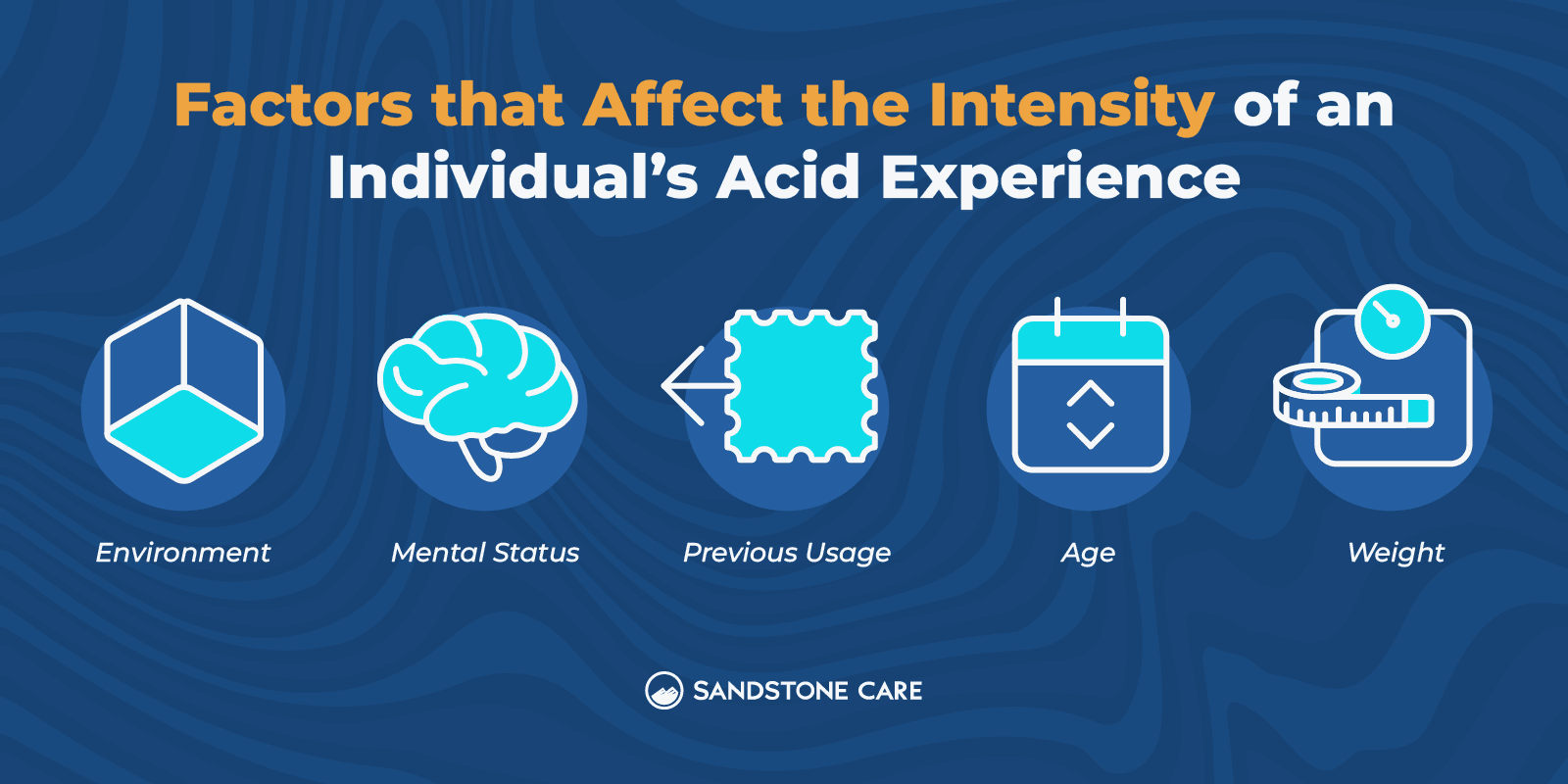
What Are LSD Flashbacks?
Hallucinogen Persisting Perception Disorder (HPPD), sometimes referred to as “flashbacks,” is when a person’s drug experience returns without them having to use the drug again.
HPPD is a long-lasting condition that is mainly characterized by visual disturbances that are reminiscent of hallucinogen “trips” or LSD experiences.
These visual disturbances can include seeing geometric shapes, flashes of color, seeing moving objects, and halos.
LSD Addiction
How Addictive Is LSD?
LSD is not considered to be an addictive drug.
However, a person can develop a tolerance to LSD very quickly, which can lead to them using higher and higher doses of the drug.
This increases the possibility of toxicity from LSD, which can cause devastating consequences.
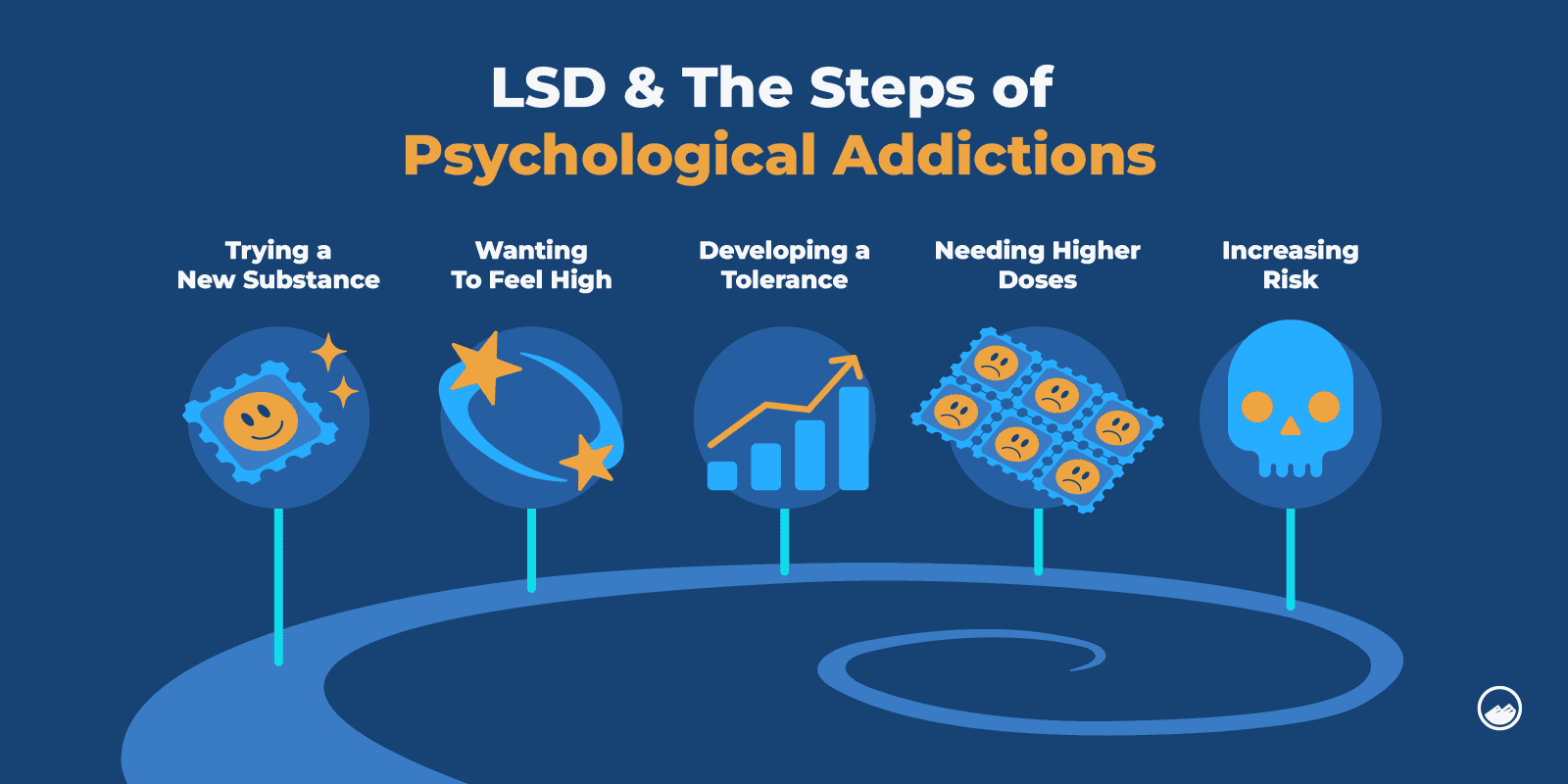
What Happens to You After Extended Acid Use?
When a person uses LSD over an extended period of time, they can face both psychological and physical risks.
Extended acid use can harm one’s mental health and also cause changes in the body, such as increased heart rate, blood pressure, and body temperature.
Some of the psychological and physical effects of extended acid use can become very severe quickly, as it is a highly potent drug.
The longer a person uses a drug, typically, the more at risk they are for developing a tolerance, risking overdose, and experiencing other life-threatening effects.
What Does Extended Acid Use Do to Your Mental Health?
Extended acid use can have a negative impact on one’s mental health.
Some people may turn to substances like LSD as a way to self-medicate for mental health disorders such as anxiety or depression, but it can end up worsening their symptoms even if they feel temporary relief.
Most of LSD’s effects are believed to be psychological rather than physical.
One effect of extended acid use on a person’s mental health is the development of persistent psychosis.
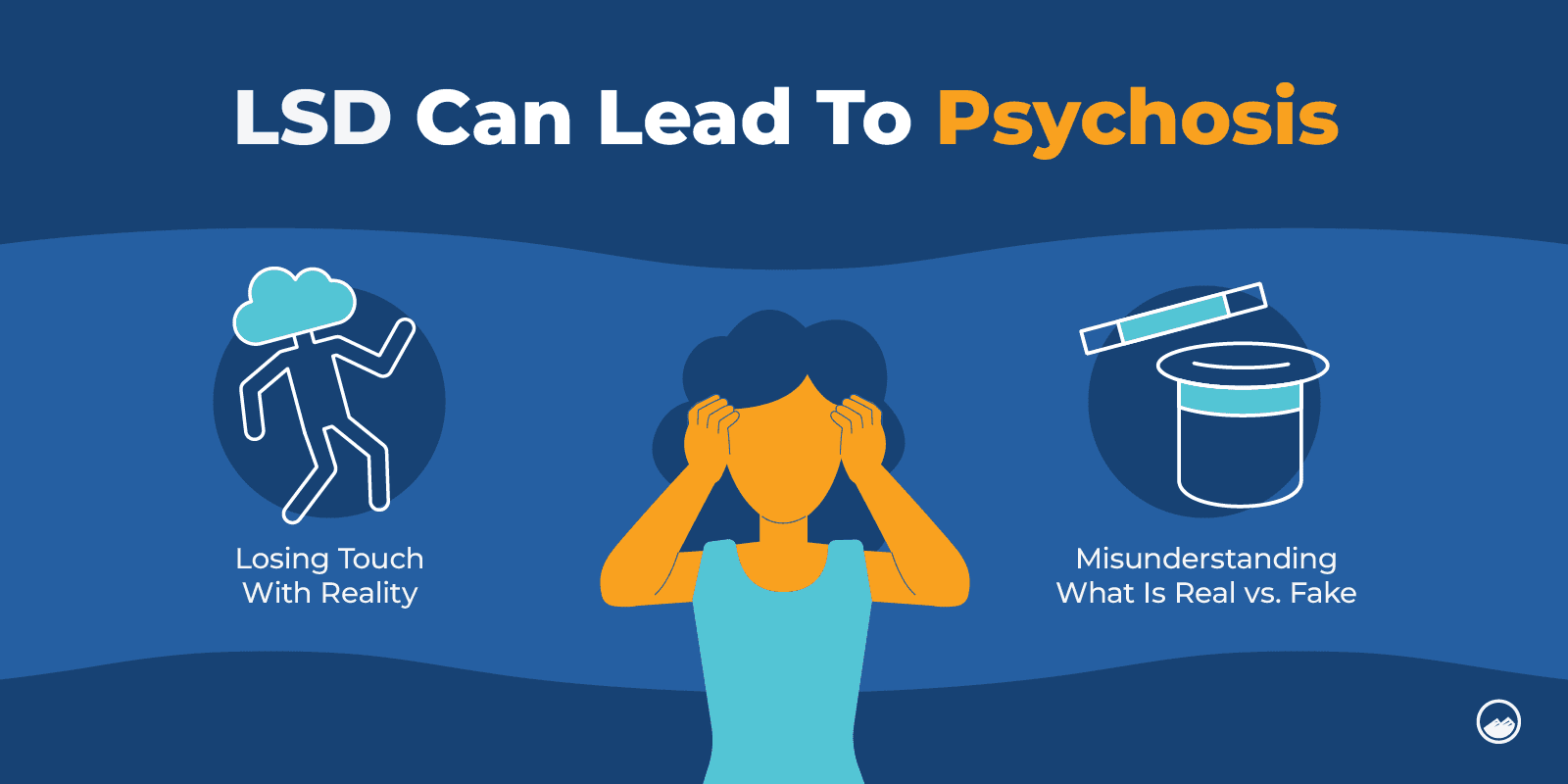
Psychosis is characterized by disruptions to a person’s thoughts that make it hard to determine what is real and what is not.
A person can experience persistent thoughts, behaviors, and feelings that are strange or believe things that are unreal.
How Can I Identify If My Child Is Using LSD?
Signs a teen may be using LSD can include:
- Dilated pupils
- Trouble concentrating or organizing their thoughts
- Having trouble talking
- Memory problems
- Being paranoid or extremely suspicious
- A pattern of lying or being secretive about who they were with or what they were doing
It can sometimes be hard to tell if your child is using LSD, as many of the warning signs are similar to those of other substance use or mental health disorders.
If you are unsure of what to do, you can always talk to them about it or reach out for professional help to offer you and your family guidance and support.
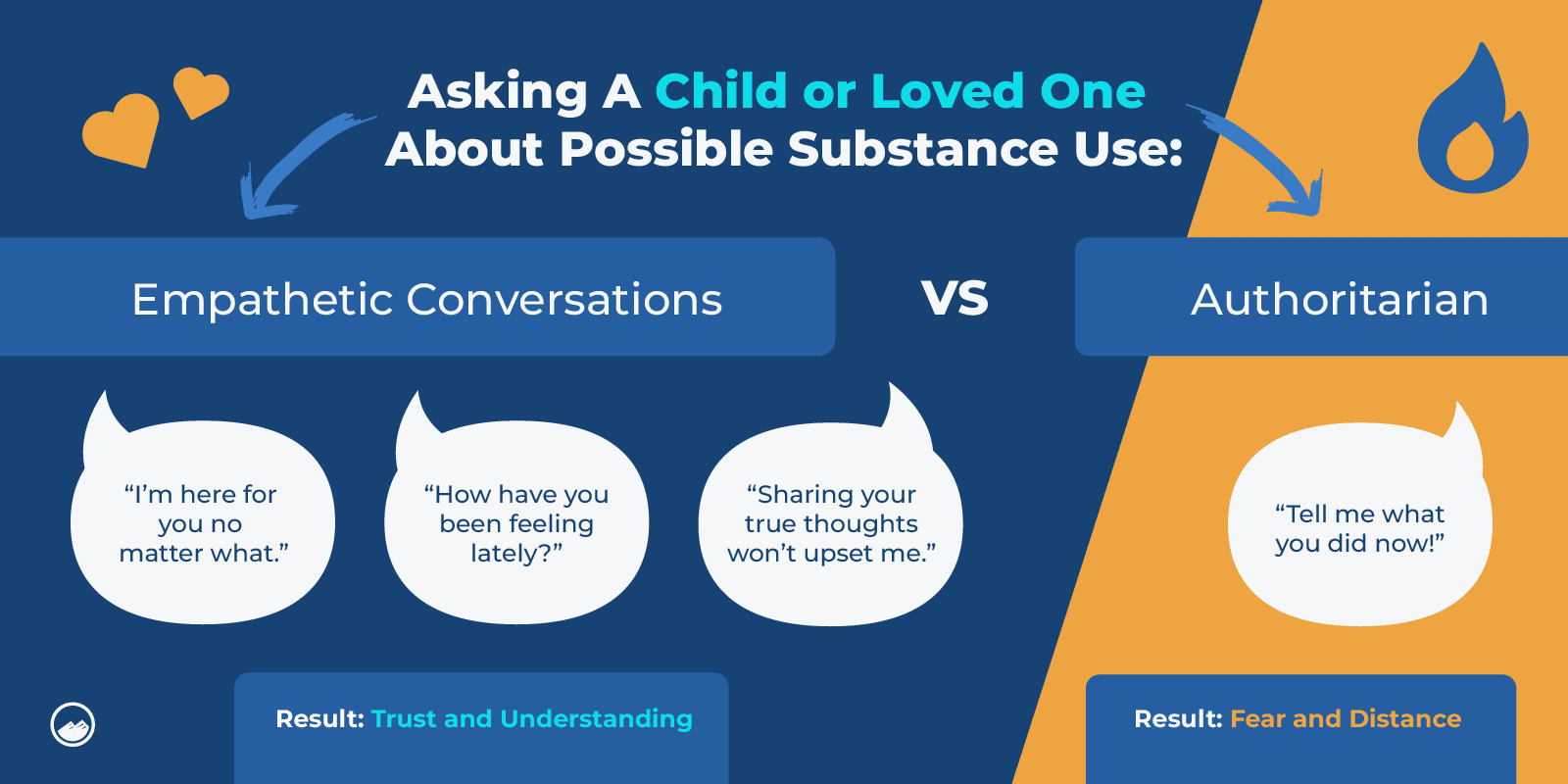
How Do I Address LSD Use With My Child?
Many parents may find it difficult or have a hard time figuring out how to address drug use.
When talking about substance use with your child, it is important to be open, understanding, and supportive.
A big thing to do before addressing LSD use with your child is to educate yourself to better understand how it works, its side effects, warning signs, and how to help.
When talking to your teen, you want to make sure it is in a comfortable environment and that they don’t feel that they are being attacked.
Be clear about your concerns, and let them know that you are saying something because you care.
Can You Overdose On LSD?
Yes, it is possible for a person to overdose on LSD.
LSD is a potent hallucinogen, so even a small amount can produce intense effects.
An LSD overdose can cause a person to experience a long, intense “trip” and, in some cases, cause psychosis.
LSD Treatment
When Is It Time to Seek Treatment for LSD Use?
Substance abuse treatment begins when a person recognizes and acknowledges that they need help.
Signs it may be time to seek treatment for LSD use can include:
- Drug use has begun to have a negative impact on your health and relationships
- You are spending a significant amount of time and money obtaining LSD
- You have a loss of interest in things you used to once love
- You need more and more of it to produce the same effects
- You’ve lied or kept secrets about your substance use
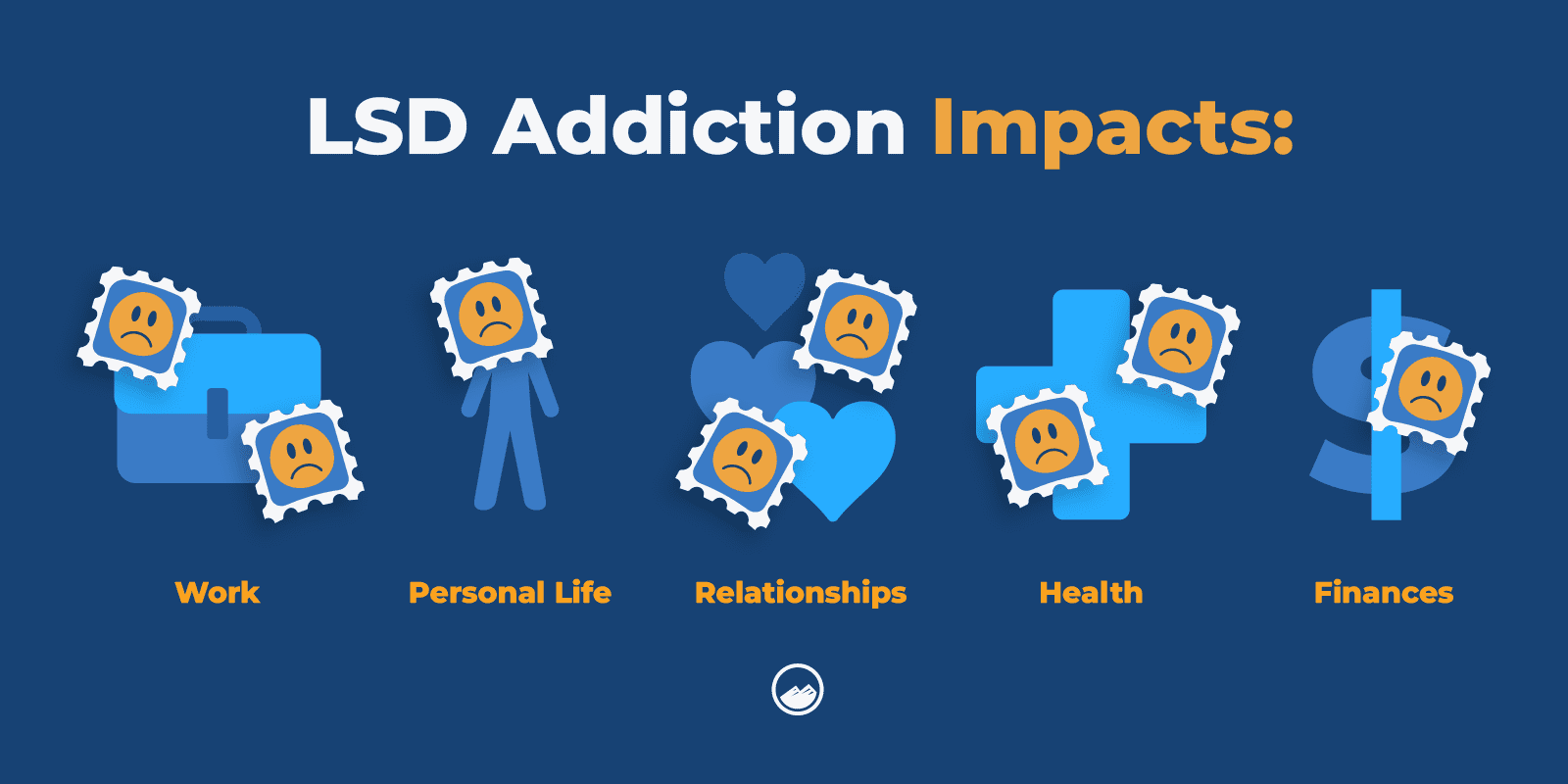
What Is the Best Treatment for LSD Use?
The best treatment for LSD use typically involves psychotherapy or talk therapy.
A common form of psychotherapy includes cognitive behavioral therapy (CBT), which can help people understand how their thoughts, feelings, and actions contribute to unhealthy behaviors.
Treatment for substance abuse in teens often focuses on helping teens learn healthy coping mechanisms and supporting them throughout their recovery journey.
It is important to understand that treatment depends on each individual. What works for one person may not work for another.
The best treatment is one that fits the person’s needs and provides the most effective care and support.
How Can I Find LSD Treatment?
If you or a loved one are looking for LSD treatment, the Substance Abuse and Mental Health Services Administration has a behavioral health treatment services locator that serves as an anonymous and confidential source of information for individuals seeking treatment.
When looking at treatment options for LSD, it is important to do research and find a treatment center that fits your needs the best.
Substance use and addiction treatment should be specifically designed for each individual to ensure they get the best care.
Can You Go Through Acid Withdrawals?
Withdrawal symptoms associated with LSD are most commonly more psychological than physical.
Withdrawal symptoms can develop when a person has developed a dependence on a drug and is the body’s response to the absence or decline of the drug.
Withdrawal symptoms may include:
- Anxiety
- Confusion
- Lack of concentration
- “Flashbacks”
If you believe you or a loved one are experiencing LSD withdrawal, it is important to reach out for professional help to manage the symptoms safely.
How Long Does It Take To Heal From Acid?
The length of time it takes to heal from acid can depend on a variety of different factors.
According to pharmacology experts, factors such as dosage, age, and weight all play a role in how long it takes to recover from using LSD.
How Do You Prevent Relapse in Recovery?
Relapse is a normal part of recovery but can be very difficult to experience.
Ways a person can prevent relapse throughout the recovery process can include:
- Keep going to therapy and treatment sessions
- Take care of your body by exercising and eating healthy foods
- Spend time with loved ones
- Avoid triggers like places, people, or things that may make you want to use it again
If you or a loved one are experiencing a relapse, seek medical help and support.
FAQ
You Have Questions, We Have Answers.
Our goal is to provide the most helpful information. Please reach out to us if you have any additional questions. We are here to help in any way we can.
LSD stands for lysergic acid diethylamide.
Albert Hoffman, a Swiss chemist, synthesized LSD in 1938, and he personally experienced its effects later in 1943.
Yes, LSD is sometimes referred to as acid.
Sometimes similar hallucinogens are also referred to as acid in casual conversation, which is part of why it is essential to be careful about what you are ingesting and avoid illegal substances.
Yes, LSD is illegal almost everywhere, including the United States.
It’s classified as a Schedule I controlled substance, meaning it’s considered highly addictive with no accepted medical use and severe legal penalties for creation, distribution, or use.
LSD impacts the brain by altering serotonin receptors, causing changes in perception, mood, and thoughts.
Users may have vivid hallucinations, altered emotions, and increased heart rate, but specific effects depend on dose, mental state, and environment.
While LSD is not physically addictive, it is possible to get a psychological dependence on the drug.
Yes, LSD can be detected on certain drug tests
LSD is considered a classical hallucinogen.
Sedatives are prescription drugs that are commonly prescribed for anxiety or insomnia.
While LSD is not a sedative, it can have sedative effects.
Past studies of LSD have examined the potential therapeutic effects of LSD for conditions like depression, anxiety, psychosomatic diseases, and addiction.
While there is growing interest in the idea of LSD therapy for mental health conditions, more research is needed to determine the safety and efficacy of its use.
While some studies may suggest that LSD has potential therapeutic use for anxiety, further research is needed.
Although, some people may find LSD to worsen their mental health conditions and symptoms of anxiety.
Currently, there are no approved LSD-assisted therapies.


Let’s Take the Next Steps Together
LSD is a highly potent hallucinogenic drug that can affect a person’s mood, behavior, and relationship with the world and people around them. Sandstone Care is here to support teens and young adults with mental health and substance use disorders.

